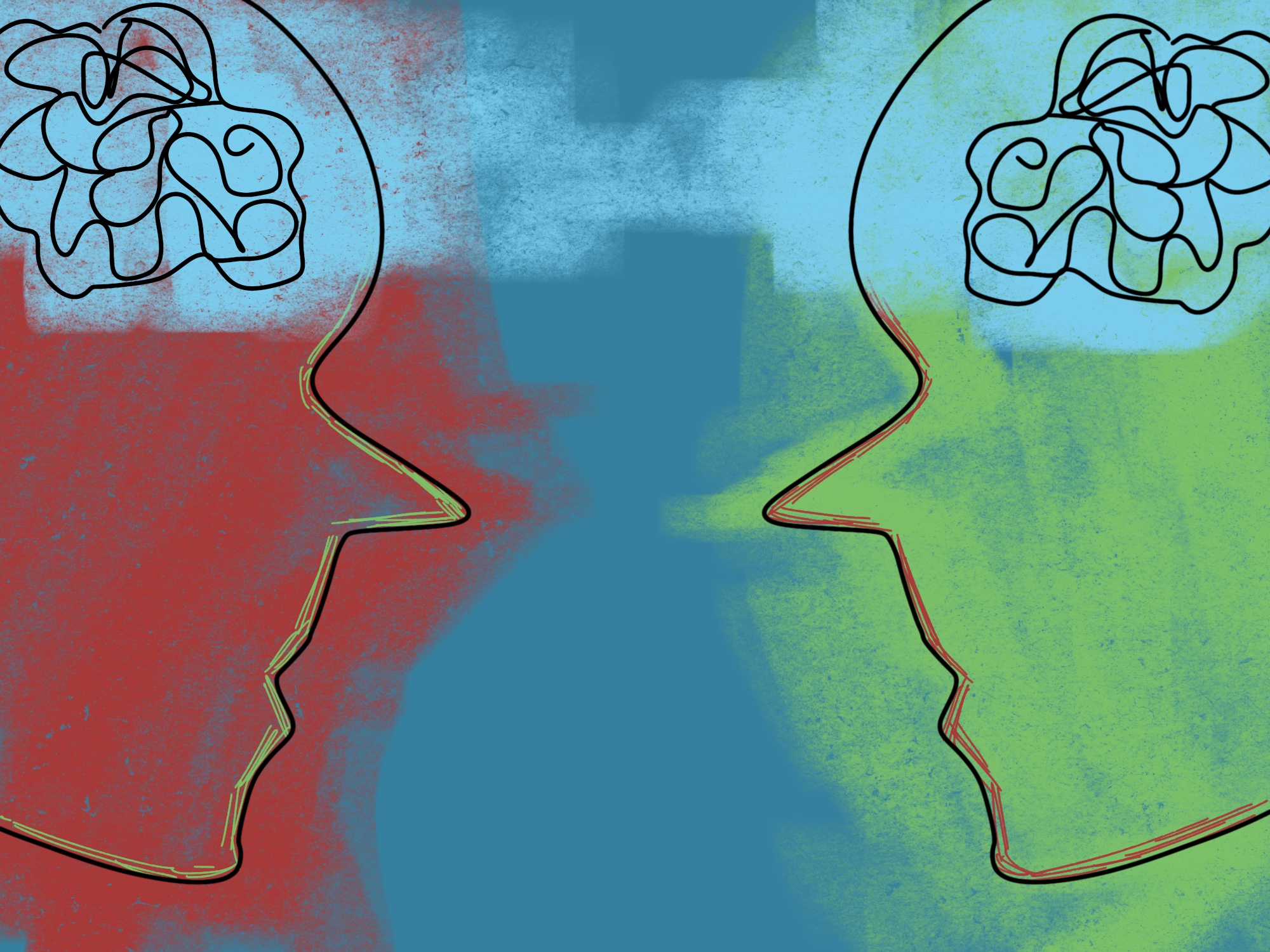As a recovering self-help content consumer, I have tried my fair share of self-improvement challenges and life hacks. I’ve woken up at 5 a.m., taken hot girl walks, started my day with green tea and more.
However, some of these challenges can be extreme and include tasks that are not sustainable for most people — myself included.

For example, the 75 Hard Challenge requires two 45-minute workouts a day, and as someone who can barely make time for two workouts a week, I think this challenge can end up being more stressful than beneficial.
Many of these challenges also emphasize self-optimization as an endless pursuit in which the ultimate goal is perfection. As much as we can try to improve ourselves, there will always be things that are out of our control. Instead of trying to run away from those things, it can be more helpful to work with them.
I want to propose a more sustainable approach to self-improvement.
To be clear, I am definitely not an expert on this topic. I just enjoy trying different ways to make life a little better. My only credentials are my Pinterest vision boards, color-coded Google Calendar and love for TED-Ed videos.
These are my personal non-negotiables for the trying-my-best era.
Sleep sleep sleep
pThis may sound obvious, but sleep is a fundamental part of being the best version of you. As a student in college, sleep deprivation is often considered the norm — but getting enough sleep has made a significant difference in my life.
When I attempted the “winter arc” challenge at the end of last semester, I wanted to wake up at 6 a.m. everyday and go to the gym. I was able to accomplish this on the first day, but it was impossible to wake up on the second day.
What I did not realize was that while I aimed to go to bed at 10 p.m., I was regularly falling asleep between 1 and 2 a.m. — so I was expecting myself to run on less than five hours of sleep. You may be able to do this occasionally when you have a paper due, but repeatedly getting such little sleep can have detrimental effects.
I then decided that for a week, I would prioritize sleep, even if that meant skipping a few days in the gym. Almost immediately, I found myself being more focused in lectures and being more present with my friends.
Sleep, while incredibly underestimated, is a powerful tool.
Write a to-do list and keep it simple
How many times have you sat at the library staring at your computer because you were overwhelmed by the amount of tasks you needed to complete?
A to-do list can help with this choice overload.
You can create one the night before or in the morning, but starting the day with a to-do list can ensure that you know exactly what needs to get done and that by the end of the day, you feel accomplished and satisfied after checking the tasks off.
A crucial part of this is that the to-do list needs to be simple. Start by only writing what needs to get done that particular day and understand how much time you actually have.
Previously, writing overambitious to-do lists has created unnecessary stress for me as I would write an impossible amount of tasks for myself to complete.
Keeping the list simple ensures that you actually complete the tasks and that you do not become disappointed in yourself for no reason. As the trying-my-best era suggests, it is more than okay not to be super productive every day — just do your best.
Limit social media
Not to sound like a parent, but please, put the phone down.
I will admit that I used to regularly have a screen time of five to six hours a day, and I wondered why I never had enough time in the day to accomplish my tasks.
For me, short-form content was my vice, and whenever I got overwhelmed, I would sit on TikTok for hours to destress.
There are a multitude of ways in which watching short-form content can have negative impacts, like minimizing attention span, but the most clear one for me was how much time it took from my day.
The only effective solution for me was deleting TikTok entirely. Doing this created more time for me to work on my goals and my hobbies.
Engage in a screen-less hobby
I may lose a few people with this one, but find one hobby that you enjoy that requires no screens and no internet access.
This could be reading, journaling, crocheting, running or something totally different.
Ideally, this hobby can function as a partial replacement for scrolling. Also, staring at a computer for school and leisure can lead to screen fatigue, so give yourself and your eyes a break by dedicating time in the day to staying off of screens.
While all of the hobbies I mentioned are great, I will be a little biased here and urge everyone to read every day.
Not only can it be relaxing after a long and stressful day, it can also be entertaining and help improve focus and attention span.
When implementing these practices, keep in mind that you can start whenever you want to. As a matter of fact, start as soon as possible. You do not need to wait for Monday, the end of the month or Jan. 1 to make a difference in your life.
Embarking on your own trying-my-best era is perfect for any time of year.